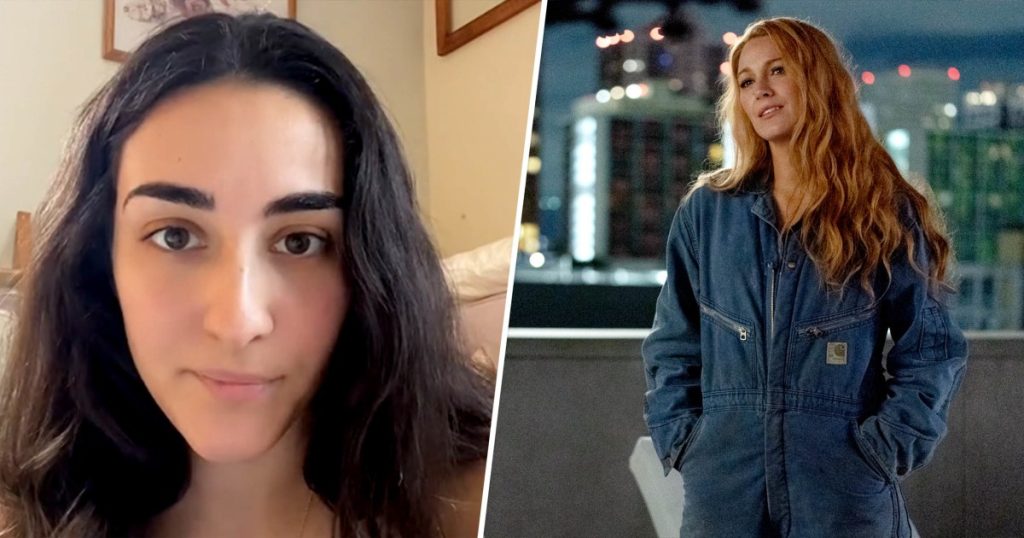When Athena Raymond went to see the movie “It Ends with Us,” she expected to see a true and unvarnished portrayal of domestic violence, similar to the depiction in the Colleen Hoover book she had read. However, she was shocked by the lack of trigger warning and the lighthearted marketing of the film. Raymond, along with other survivors of domestic violence, felt that the film did not accurately portray the serious and intense nature of abuse and failed to provide resources for survivors. Sony Pictures Entertainment, the film’s distributor, declined to comment on the marketing and lack of content warning, referring media inquiries to the domestic violence prevention organization No More, which was involved in making the film.
Despite the criticisms of the film’s marketing and lack of trigger warning, survivors of domestic violence found that the novel captured the realities of abuse they had experienced. Some survivors like Mikayla Zazon, who shared her reaction on TikTok, found that reading about the gaslighting and manipulation in the book helped her understand her own experiences better. However, Zazon was disappointed by the lack of a disclaimer or resources for survivors in the movie. While the film did include a message directing viewers to resources in the credits, it did not appear immediately after the movie ended, leaving some survivors feeling that young people who may benefit from help did not receive the affirmation they needed.
The marketing of the film also caused confusion among some survivors who were not familiar with “It Ends With Us.” Jjanja Weir, a domestic violence survivor, was surprised to learn that the movie focused on domestic violence as she initially thought it was a romantic comedy. The comment by Blake Lively, who plays the lead character, that Lily is a survivor and victim but these are not her identities, was seen as insensitive by some survivors like Weir and Zazon. Despite the lack of awareness in marketing, survivors like Zazon found some accurate portrayals of abusers in the film, such as showing them as manipulative and romantic. However, the ending of the film, which showed a peaceful confrontation between Lily and Ryle, drew criticism from survivors who felt it did not accurately represent the dangers of leaving an abusive relationship.
The film has sparked a dialogue about domestic violence online, with survivors sharing their stories and reactions to the movie. While the emotional experiences can be overwhelming, survivors like Raymond and Zazon have received messages from others thanking them for sharing their stories. The film has raised awareness about domestic violence and prompted discussions that survivors believe may be helpful to other women. To support domestic violence survivors, Weir suggests donating unused products and household items to local shelters, as these small gestures can make a significant impact on survivors’ lives.
In conclusion, the film “It Ends with Us” has received criticism for its marketing and lack of content warnings but has also been praised for accurately portraying the realities of domestic violence. Survivors have shared their stories and reactions online, highlighting the importance of providing resources and support for those in abusive relationships. The discussion prompted by the film has raised awareness about domestic violence and the challenges survivors face, inspiring others to take tangible actions to help those in need.













